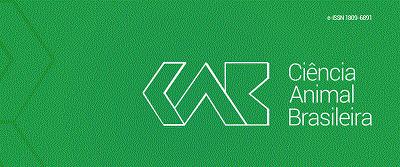Abstract
This study aims to evaluate the residual effect of different lipid sources in the diet of Japanese quails (Coturnix japonica) in the rearing phase on the performance and egg quality in the initial phase of egg-laying. In the first stage, 400 Japanese quails aged 21 days were used, being distributed in a completely randomized experimental design, with five treatments and ten replicates of eight birds/replicate Treatments consisted of basal ration (BR) with 2.5% soybean oil; BR with 2.5% corn oil; BR with 2.5% cottonseed oil; BR with 2.5% sunflower oil; and BR with 2.5% canola oil. At 42 days, maintaining the initial design, all quails received a basal ration with soybean oil, in order to evaluate the residual effect of the previous phase on the performance and egg quality in the initial phase of egg-laying (43 - 84 days). The different lipid sources did not affect the performance of quails in the initial phase of production. For egg quality, yolk height, yolk diameter, yolk index, gravity, and Haugh unit (HU) showed better results in the treatment using sunflower oil. There was a residual effect of the use of lipid sources of vegetable origin in the rearing phase diet of Japanese quails on egg quality traits. Lipid sources from soybean, corn, cottonseed, canola, and sunflower seeds can be used as energy sources in the rearing diet of egg-laying quails for not being harmful to their initial performance. The longevity in egg production of quails fed with different lipid sources in the rearing phase was similar.
Keywords:
Residual effect; laying phase; vegetable oils; effect on egg-laying
